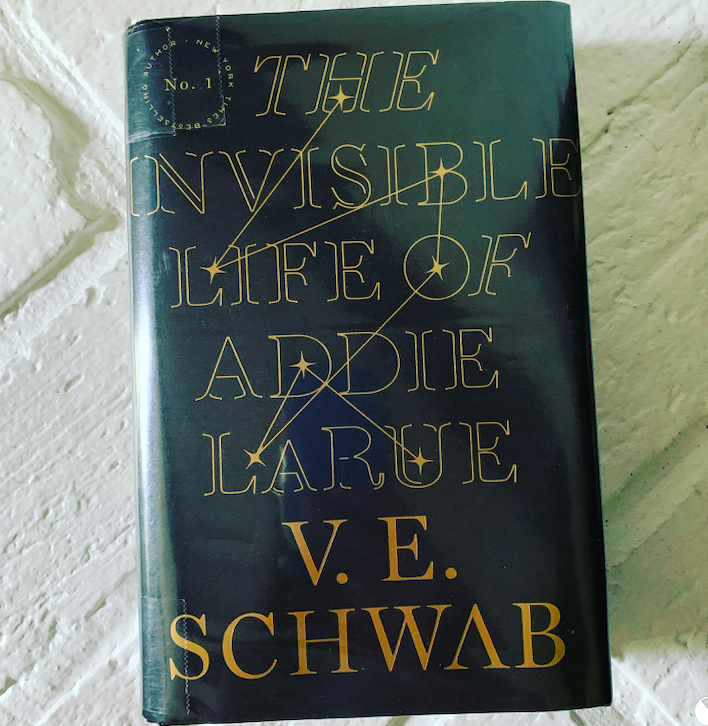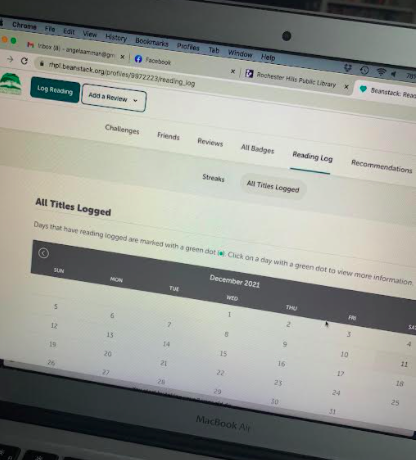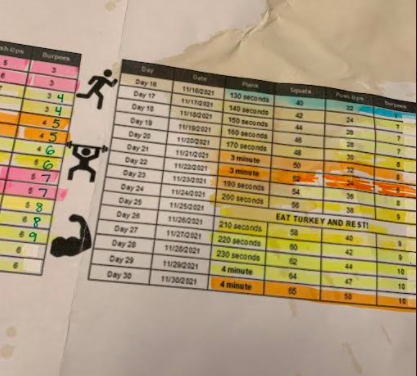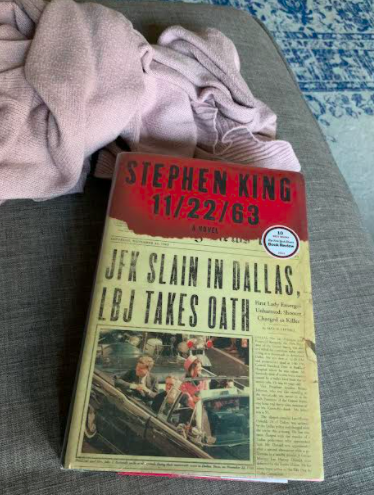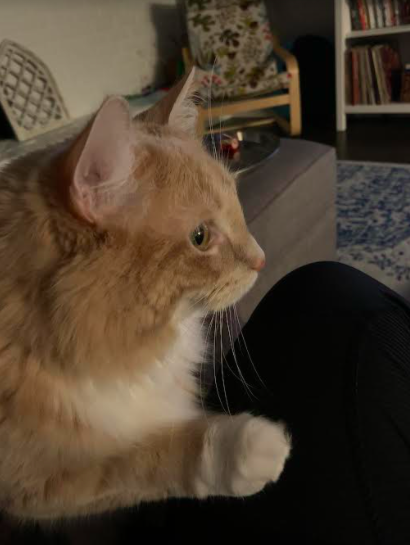
I’ve worn my grandmother’s earrings every day this year. Nan’s small opals dangle, but only slightly. She gave them to Abbey, who wore them often until she double pierced her ears and wears sometimes matched and sometimes not collections of studs and hoops and non-grandmother earrings. She doesn’t mind that I wear them; she’ll want them back one day, I know, so I wear them while I can.
I see them in the mirror when I brush my teeth, when I whip my hair into a wet bun-ish thing on top of my head and run Dyl’s trombone to school because he forgot it the first day back at school, the case tucked away so we didn’t all trip on it in the middle of the kitchen. I remember them when the straps of my mask get caught in one of them. I think of Nan when I see them, when I pause to untangle the elastic from the delicate earring.
The earrings aren’t magic. They aren’t a talisman that makes me feel stronger, and they don’t save lives. Literally, I wore them today when I tried to give blood for the first time this year. I felt a little proud of myself, doing some good in the year that still feels new. Then they pricked my finger and tested my blood and found it my hemoglobin lacking. They tested another finger with a worse result. I wore the earrings when I couldn’t give blood, which I thought of tonight when I took them off, the pads of my fingers still sore.
I’ve worn them every day because thinking of my grandma makes me happy. She wasn’t just my Nan, nor only the Nan of my many cousins. She grandmothered nearly everyone she met, telling stories and listening to other stories and laughing a laugh that provoked smiles from anyone within earshot.
I’ve worn them, in part, for the same reason I take pictures of Max. He may be a cat, an animal most certain of his own intelligence, but he does not care to look back on photos I’ve taken of him in the past. I snap his photos because looking back on them makes me happy, and they make both my kids smile, though Abbey sometimes needs to remind Dylan Max is hers more than anyone else’s.
A new year brings forth all sorts of proclamations, even during a pandemic, when one of the most popular resolutions I’ve seen is to tiptoe into the year, not jostling anything loose in the hopes things don’t get worse. I can’t do that, at least not in totality. The turn of the calendar, the drop of that giant Waterford crystal ball, kissing Ryan at midnight, all of those things whisper promises to me, and I’m helpless to walk into a new year without hope.
So this year, with uncertainty and fatigue hanging in the air, I’m welcoming 2022 with small bits of happiness, like tiny opal earrings that gleam in the sun.
